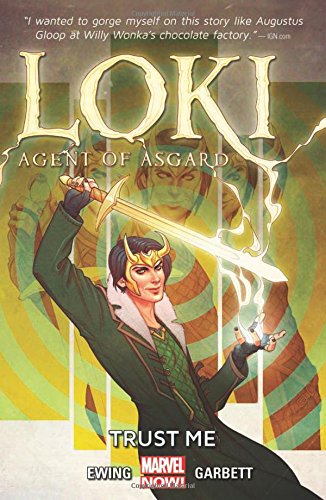
I received a free copy of this book from Netgalley, in exchange of honest review. I apologize, if the review ended up too honest.
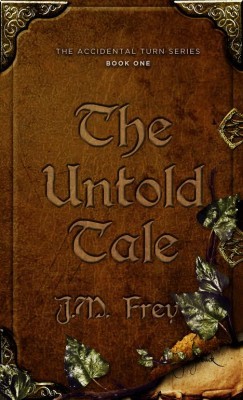
The book is written from the first person perspective. Of course it is, most Young adult novels are, don’t they? Certainly there are many books from every imaginable genre that uses first person point of view, but in YA it is somehow ubiquitous.
My biggest issue with this book is the characters. We have the main male character, Forsyth, who is the point of view character, and the female character, Lucy.The protagonist is a strange person. As it turns out, by design, but initially he confused me. He is a spymaster of some kingdom, lord of a large chunk of land. When you think about a head spy, do you imagine a stuttering guy, who gets very upset when he doesn’t know something, who blushes and gets lost when in the presence of a girl? No? Nevertheless, that’s our hero. And what wonderful things we find out about him instantly:
Who better for a spymaster than the man who becomes physically agitated when he feels ignorant?
Honestly, I can imaging many better men for a spymaster.
I fidget until the kettle hisses, welcoming the excuse to duck out from under her odd gaze.
The head spy gets flustered by a woman just looking at him?
I understand. No woman enjoys my touch.
Come on, why does the guy have so many issues?
The girl, Lucy, who makes our protagonist so uncomfortable, is also weird.
As soon as we met her, Lucy swears a lot, uses modern slang (“cool!”) and knows about the main guy’s secret spy work, though she is not supposed to. And instead of interrogating her to find the source of her knowledge, our guy is just mildly interested of the fact. Really! Fine head of local intelligence he makes!
At this point I began to have a sinking feeling that for the first time I encountered the American example of the infamous “popadantsy” genre, so widespread in Russian romantic fantasy – namely a story where a person (most often than not a girl in her twenties) from “our world” miraculously ends up in some magical medieval-ish society, which might or might not exist in a book. Usually she saves the world or marries a prince or teachers everyone how to “live their lived properly”. As I read further, I realized that that I, sadly, was right. Lucy was summoned from “other world” and she is a so-called Reader, having immense powers and prior knowledge of the characters. Hello Mary Sue. The protagonist is already in love with you. And you will save the world or something… Oh, bother!
Even if the intruder from our world tries to lampshade and make fun (or use) of the genre cliches in her new world, it still never ends in a masterpiece. Some of those are entertaining, so I gave the book a chance.
Over the course of next chapters I was reminded why I hate when female YA writers try writing from male POV. Granted, I am not male myself, but I have a feeling that men, especially noblemen-turned-spymasters do not swoon like teenage girls whenever an attractive member of an opposite sex smile at them or calls their names. Even Stephenie Meyer managed to spook away even her fans (who already have very low threshold of expectations, if they like Twilight) by being equally bad in writing male perspective in Life and death. OK, maybe the author was trying to make the protagonist a whiny guy, worrying about his hair, figure and looks, and full of inferiority complex as a kind of grotesque satire on the girl-centered YA books? I can only hope…
Skimming other reviews on this book on Goodreads, I found that it is supposed to be “feminist”. I am not sure why though. Because Lucy is disgusted by embroidery, saying “I don’t do that useless lady stuff”? That’s not feminist. Handcraft is not useless and shaming a woman enjoying embroidery is as sexist as telling a woman that she can’t have any other interests past “lady stuff”. On the very next page I see the main guy thinking about “the image of trousers stretched deliciously over the plump bottom” (of Lucy’s). That’s feminist?!? Shameless objectifying of a female by the view point character? Right… Again, maybe it is supposed to be subversive and ironic, but I’m too dumb to get it. Sorry.
I was happy to discover that Lucy was half-chinese though. Yay for diversity!
After I braved through about a quarter of the book, things peaked up a bit. At least Lucy started to make fun of how some of the characters are “written”. I guess it was an attempt at subversion after all. Problem is, it doesn’t make the main character more likable or the language better. Honestly, if I hadn’t felt an obligation to read the book and write the review, I would have never stuck around to even get this far into the novel.
Just as I began warming up to this novel, I came across the following sentence : “Maybe you’re just a frigid bitch,”. I don’t mind the swear words so much (though Lucy us dropping f-bombs left and right). Problem is, while it’s pronounced by a character who is supposed to be a dumb chauvinistic “typical hero” of a fantasy novel, it sounds jarringly like some hateful internet comment and not kind of words the character in question might choose. It seems that the author had an aim to discuss the issue, but she didn’t manage to fit the story around the topic gracefully. Instead, the episode very obviously sticks out.
Admittedly, the fact that Lucy uncovers the in-universe gay relationship behind the usual ho-yay is rather funny.
“I’m not a maiden in distress,” Pip snarls,
“I’m a woman, and I am damn well capable of rescuing my own damn self”.
Nice sentiment, but way, way, on the head. Sounds ok in a Hercules cartoon, but not so much in a novel. Again, message us too plainly obvious.
As I read on, I realized that Lucy is less a character and more of a plot device. Someone who speaks in mottos and slogans.
It’s not right to keep you a slave here, alone and unable to communicate to others that you’re not here by choice.
People don’t talk like that!
There is hardly any chemistry between the two protagonists. For at least half of the book he behaves as a horny teenager who have never seen a girl before and she gives mixed signals, like asking the poor guy to wash her hair and then telling him that she will kiss him if he works on his self esteem, while coming across rather cold and manipulative.
As the story progresses, suddenly Lucy needs to go on a quest in order to return home. There’s no strong explanation why that has to happen, but it’s really convenient for the plot. Moreover, there’s talk about spells and summonings, which Lucy known plenty about, because she read the series of books describing the world he ended up in, but I don’t, because I haven’t and the author doesn’t explain the magic properly. It’s annoying.
Then there’s a plot development that had a potential to be interesting: instead of physically going on a quest in order to discover the identity and location of necessary magical items, the heroes just do research and infer the needed information. Problem is, we don’t see their thought process at all. We are told that Lucy went over a bunch of documents, made a table and then came to some conclusions. What happened to “show, don’t tell”?
I will not even go into the longish sex scene in the middle of the book. Definitely not something I want to see in my fantasy novel.
One plot development that really infuriated me was when Lucy realized she was mind-controlled and forced to have sex with Forsyth. Obviously she is very upset. Especially considering she was tortured previously. But wait, let’s listen to her complaints:
I have been proved wrong! Do you know what that means? I have been proved an idiot by the world I love most.
So, she is not angry and hurt by all the bad things happening to her, only by the fact she misunderstood the book she ended up in?!?
My favourite part of the book is when after yet another lecture by Lucy, Forsyth finally calls her out on it:
You are so full of self-righteous ire that you never once so how much my love for you hurt me.
And that’s true. Lucy comes across throughout as an annoying, one-dimensional bully. Forsyth actually grew on me, but he couldn’t save the book for me.
![]()

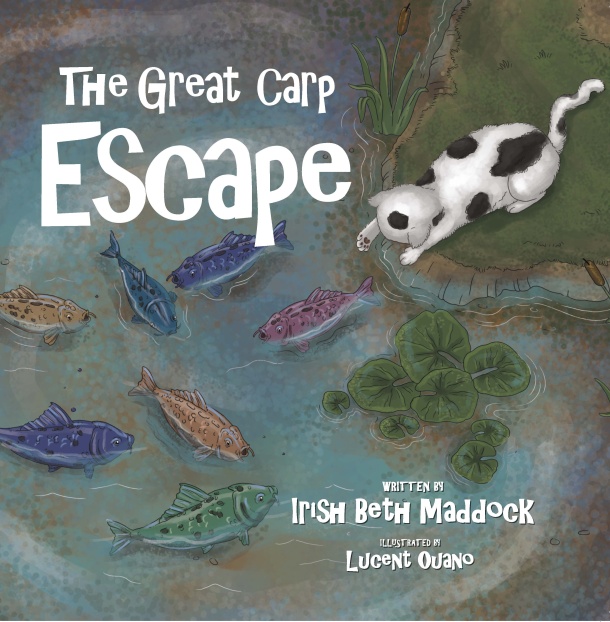

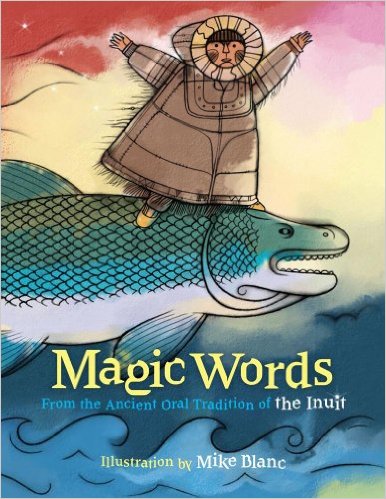
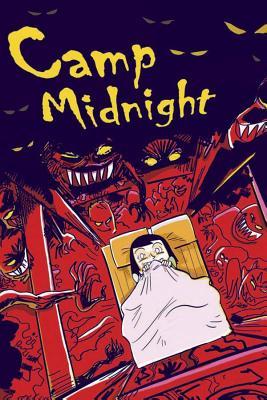
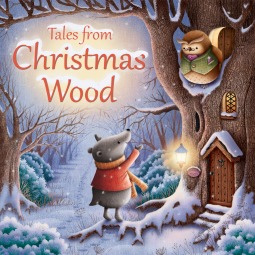
 biology to their world and take her in, first assuming her to be a mindless creature. The book presents a story of the relationship between Juna and the Tendu in charge of her, Anito, their initial conflict and developing friendship. Most of the event are shown from point of view of both characters, who often have opposite, but equally understandable opinions of the situation.
biology to their world and take her in, first assuming her to be a mindless creature. The book presents a story of the relationship between Juna and the Tendu in charge of her, Anito, their initial conflict and developing friendship. Most of the event are shown from point of view of both characters, who often have opposite, but equally understandable opinions of the situation.

